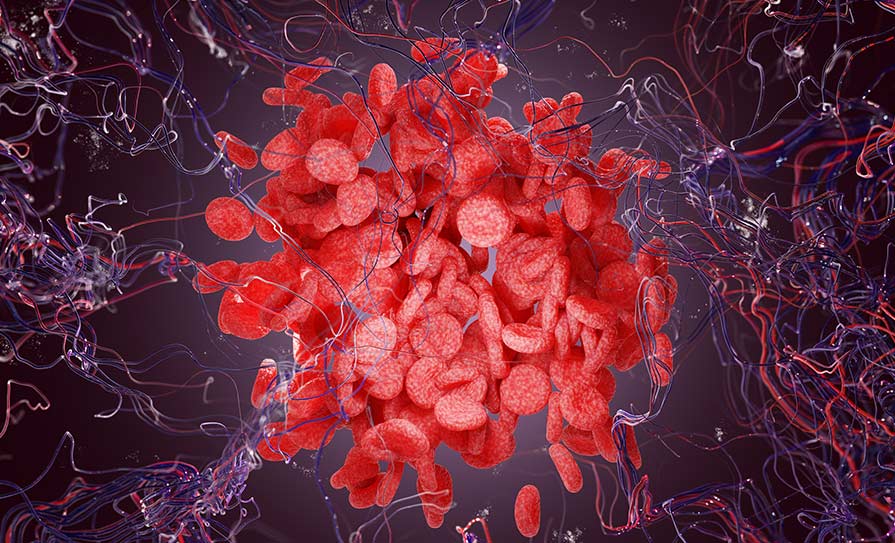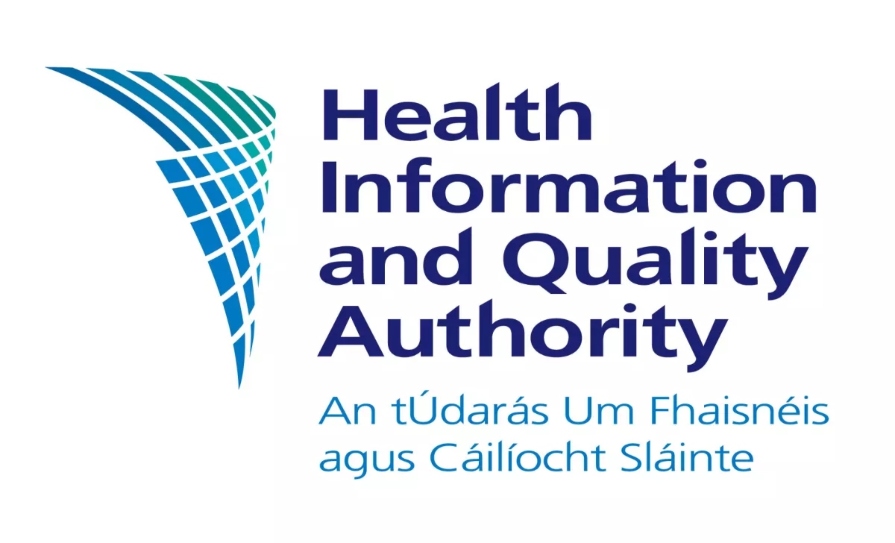The proportion of people surviving at five years following diagnosis of blood cancers has significantly increased and death rates have fallen, according to a new report published by the National Cancer Registry of Ireland (NCRI).
Prof Deirdre Murray, Director of the NCRI, and Professor of Epidemiology at University College Cork, noted that five-year survival for blood cancers has increased from 53 per cent (1994-2007 cases) to 67 per cent (2008-2021), and ongoing increases in survival are reflected in reductions in mortality. Compared to a peak in blood cancer death rates in the late 1990s, mortality has since declined by over 1 per cent annually.
Blood cancers are responsible for 10 per cent of all new cancer diagnoses and over 8 per cent of cancer deaths every year. In Ireland, approximately 2,400 people are diagnosed with blood cancer annually, with this number set to increase to over 3,000 by 2030.
There are many different types of blood cancer, and this is the first report of its kind to provide comprehensive data across these types.
The most commonly diagnosed blood cancers were non-Hodgkin lymphoma, leukaemia, and multiple myeloma. From the mid-2000s, leukaemia incidence rates declined significantly, and non-Hodgkin lymphoma rates stabilised from the mid-2010s.
Prof Murray said: “The report sheds light on the diversity in incidence and outcomes for blood cancers providing important data to better address the burden of blood cancer in the Irish population. The significant increases in survival and reductions in mortality reflect diagnostic and therapeutic innovations. Genetic testing has been increasingly applied to improve diagnosis and better target treatments for patients with blood cancers.”
“The advances in diagnosis and treatment over the last decades are reflected in the favourable blood cancer trends overall but more focus is needed for certain subtypes of blood cancer for which outcomes are less favourable such as acute myeloid leukaemia.”













Leave a Reply
You must be logged in to post a comment.